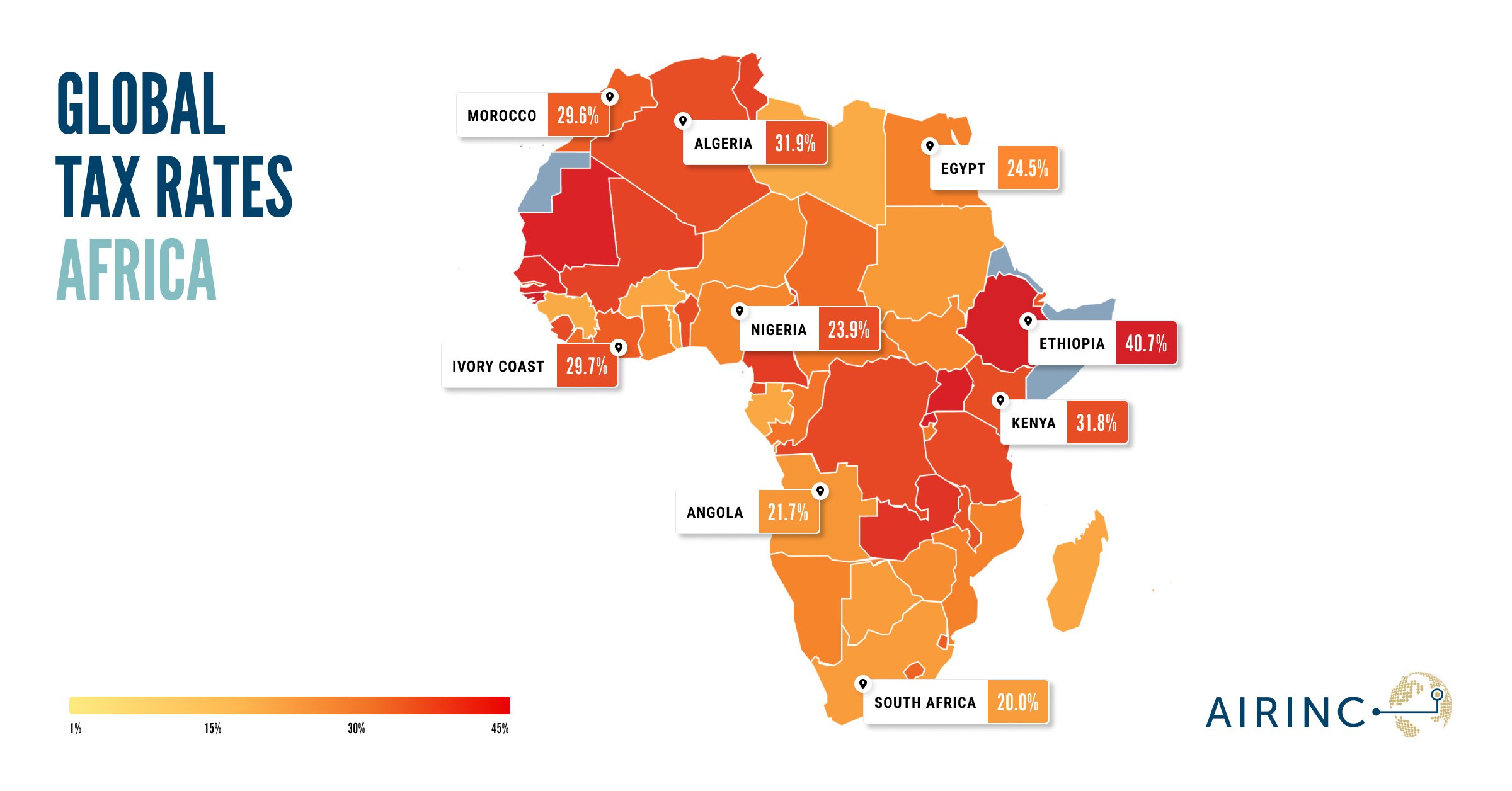UPDATE March 11, 2024
On Friday March 8, 2024 Nigeria President Bola Tinubu announced the government’s intention to pause the implementation of the Expatriate Employment Levy (EEL). The provisions of the levy are described below. According to BBC News, the levy was met with condemnation from many business groups.
The Ministry of Interior will now begin dialogue and consultation among stakeholders to address concerns raised. According to BBC, there are approximately 150,000 expatriate employees in Nigeria that would be subject to the proposed levy. Concerns from business groups included the implications to employers, the short timeframe for implementation, and the financial impact on the economy since the levy runs counter to efforts to promote foreign direct investment in Nigeria.
Currently, the levy will not go into effect on March 15, 2024.
Background
On February 27, 2024 the Nigerian government introduced the Expatriate Employment Levy (EEL), a mandatory levy imposed on companies employing foreign workers. This article explores the key details of the EEL, its potential implications for businesses operating in Nigeria, and steps companies can take to ensure compliance.
Companies employing foreign workers in Nigeria would pay a mandatory annual levy. This is a flat annual amount of USD 15,000 for directors and USD 10,000 for other expatriate employees. The levy aims to balance employment opportunities for Nigerians and expatriates, close wage gaps between them, and encourage companies to hire locally.
The EEL would apply to expatriate employees working at least 183 days per year in Nigeria. There will be limited exemptions for employees of diplomatic missions and certain government officials. Non-compliance by employers will be subject to penalties including fines and imprisonment. Expatriate employees were instructed to carry an EEL card along with their passport upon arrival and departure from Nigeria. The Nigerian Immigration Service would be responsible for enforcement of the EEL. The government has released an EEL Handbook to provide guidance on implementation of the levy. In an interesting twist, the levy is stated in US dollars, rather than in Nigerian Naira to counter the softening economy.
The EEL is already unpopular with business groups since it was announced last week. The levy is likely will be challenged in court since the levy was implemented unilaterally by the Nigerian government without legislative approval by the National Assembly.
The EEL was planned to be effective March 15, 2024, and employers would have until April 15th to comply. The implementation has now been delayed with the announcement from President Tinubu.
Conclusion:
The EEL would introduce a new layer of complexity for businesses employing foreign workers in Nigeria. While the policy aimed to achieve positive socio-economic outcomes, companies were quick to challenge the levy. Affected businesses are encouraged to participate in the consultations with the Nigeria government reassessing the EEL provisions. It is possible a revised EEL scheme may still be implemented later this year.
By staying informed and taking proactive measures, businesses can navigate this evolving landscape and maintain a competitive edge in the Nigerian market.
AIRINC will continue to monitor EEL developments as the levy consultations continue.
Don't miss out on joining the AIRINC tax team for the upcoming Global Tax Chat (March 12), where we will discuss Nigeria and provide updates on all the latest tax news. Register here.





%20(31).png)
%20(18).jpg)

